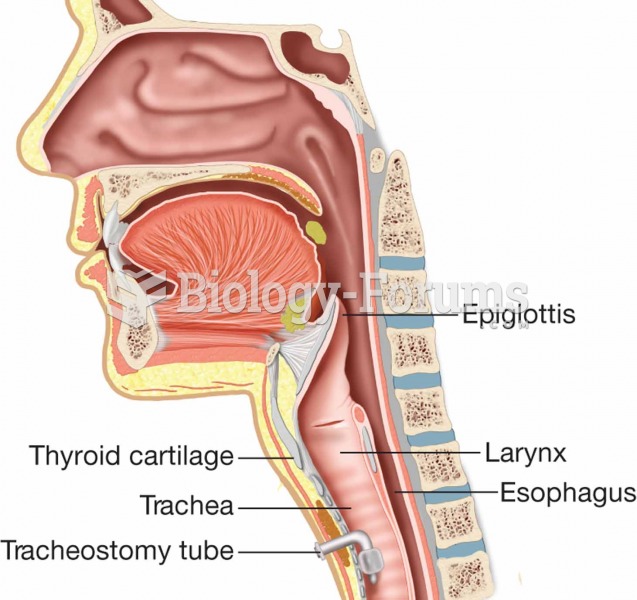|
|
|
Did you know?
Amphetamine poisoning can cause intravascular coagulation, circulatory collapse, rhabdomyolysis, ischemic colitis, acute psychosis, hyperthermia, respiratory distress syndrome, and pericarditis.
Did you know?
During the twentieth century, a variant of the metric system was used in Russia and France in which the base unit of mass was the tonne. Instead of kilograms, this system used millitonnes (mt).
Did you know?
If all the neurons in the human body were lined up, they would stretch more than 600 miles.
Did you know?
Human kidneys will clean about 1 million gallons of blood in an average lifetime.
Did you know?
Your heart beats over 36 million times a year.
 Richard Rodriguez represents millions of immigrants—not just those of Latino origin but those from ...
Richard Rodriguez represents millions of immigrants—not just those of Latino origin but those from ...
 Pin the skin and subcutaneous fascia on a spot on the back using the thumb of one hand; place the ...
Pin the skin and subcutaneous fascia on a spot on the back using the thumb of one hand; place the ...





